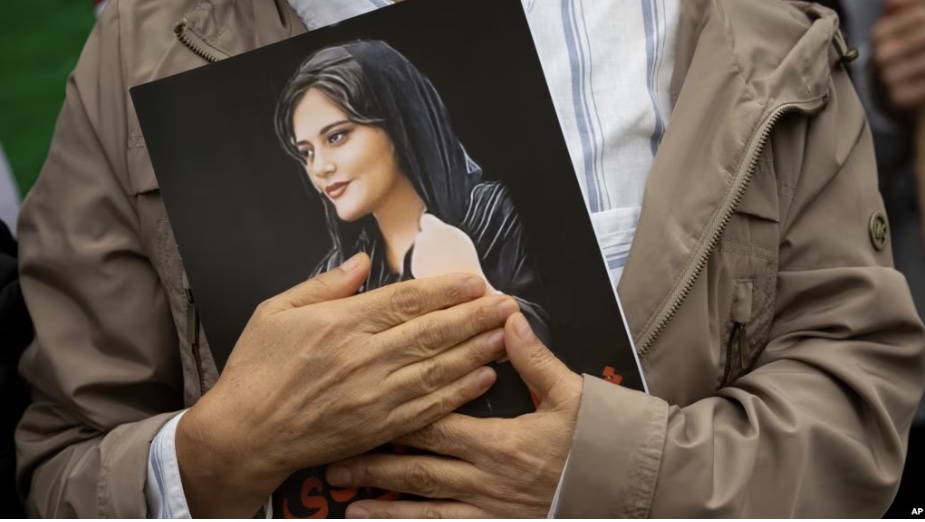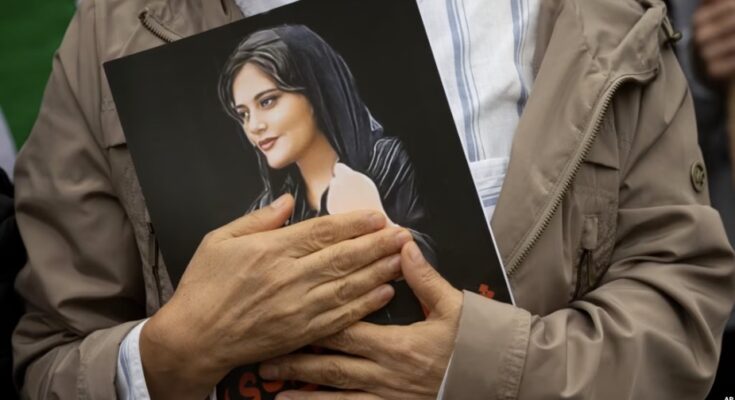Source: RFE/RL’s RadioFarda

A group of 54 Iranian lawyers who expressed support for the family of Mahsa Amini after she died in police custody have been summoned by judicial authorities to explain social media posts, a move activists say is part of a campaign by officials to pressure them amid continued unrest over the suppression of women’s rights by the Islamic regime.
The Norway-based Hengaw group, which monitors rights violations in Iran’s Kurdish regions, reported on July 14 that the lawyers from Bukan in West Azerbaijan Province were being investigated for publishing “images and content against public modesty” rules.
In a statement posted online in September 2022, just days after Amini died after being detained for an alleged violation of the mandatory hijab law, the lawyers said they were ready to provide Amini’s family with legal representation while condemning “illegal behavior by any institution and organization,” an apparent reference to state pressure on the family to accept its official explanation — health reasons — for her death.
The family and witnesses of Amini’s arrest say she was beaten during her apprehension and had no history of health problems.
Hengaw quoted unnamed “informed sources” as saying the Bukan prosecutor had “continuously put pressure on these lawyers with contradictory justifications” since the letter was published.
Hengaw said the lawyers must appear in court between July 11 and July 16.
The summoning of the lawyers in Bukan comes amid increased state pressure on independent lawyers who have been critical of state repression and those who have defended protesters arrested in the brutal state crackdown on anti-establishment protests.
Dozens of lawyers have been detained during the crackdown. The majority were released under an amnesty declared by Supreme Leader Ayatollah Ali Khamenei in February but since May, the authorities have summoned over 100 lawyers across the country to appear.
Some of the lawyers who have been summoned have said that the proceedings were mostly conducted by the security court located in Tehran’s notorious Evin prison, with no specific charges stated.




